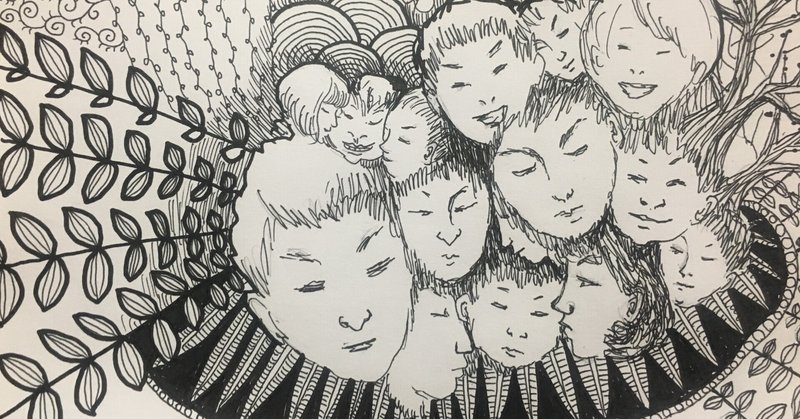
13 Multiple Discrimination Should be Considered in Policies
Jane, a Filipino national, was unable, for economic reasons, to continue her university studies in the Philippines to become a nurse, and came to Japan to work. She met and fell in love with a Japanese man and eventually got married to him. However, the husband, who seemed very sweet in the beginning, gradually changed since she got pregnant. He constantly checked when and where she went out, reproached her about housework and childcare details saying, “Why can’t you do anything properly?” and even insulted her and her people, saying things like, “Filipinos are poor people.” When Jane talked back, her husband got further enraged, shouting, “If you do not like it here, go back to your country!” He started to beat her, and things escalated from there. With a child and insufficient Japanese, she had to live under constant fear, having no idea where to seek help. However, one day, when her child, Mika, cried out when she saw Jane get hit by a baseball bat, she convinced herself that the two of them could not live under those conditions and needed to run away. She managed to find a shelter run by the prefecture, and was protected as a victim of domestic violence.
However, Jane was unable to accurately convey her situation, fear, and confusion that she felt in Japanese to the staff of the shelter. When a shelter staff member suggested she “should get divorced and return to [her] home country,” she was hurt by those words as she felt that the staff did not understand her circumstances that returning to the Philippines was not an option.
After divorce settlements and court sessions, Jane eventually got divorced from her husband. However, the unemployed husband would not pay for child support. She started a part-time job at a lunchbox factory where a lot of Filipinos work. Although she is interested in elderly care work, insufficient reading and writing skills in Japanese have prevented her from switching jobs. Working a factory job where the work is physically demanding yet the pay is low, Jane is worried how long she will be able to continue working there.
Mika started missing school when she was in the upper grades of elementary school, and completely stopped going to school when she was in the second grade of junior high school. Jane later learned that Mika had been the target of bullying and discrimination at school because she had darker skin or because her mother did not speak good Japanese. It also became increasingly difficult for Mika to keep up with her classes partly because she often skipped them. Although Jane wanted to consult with the teacher, communication with the teacher was not easy due to the language barrier, and before long, Mika’s absence from school prolonged. While Jane learned about other educational opportunities such as free schools, she gave up on the idea as she could not afford the high costs. Jane is very much worried about her daughter’s future.
▶ To address multiple discrimination
Though a victim of domestic violence, Jane was subject to an even more serious situation due to the intersection of discrimination stemming from being both a woman and a migrant. She experienced difficulties in receiving protections against discrimination and violence as well as assistance to establish stable living conditions. Her daughter, Mika, also faces multiple difficulties, including being affected by domestic violence, having migrant roots, and being a child of a single-parent family. Such difficulties are not only experienced by migrant mothers and children. For example, a couple of a migrant and his/her Japanese LGBT partner may face a different kind of discrimination in which the migrant partner is not granted a residence status as the spouse of a Japanese national.
Such situations in which discrimination on various grounds intersect in diverse ways is referred to as multiple discrimination. The various grounds on which discrimination occurs include race, ethnicity, nationality, religion, gender, disability, sexual orientation, age, socio-economic status, and poverty.
Since around 2000, the United Nations human rights bodies such as the Committee on the Elimination of Racial Discrimination and the Committee on the Elimination of Discrimination against Women have explicitly mentioned the idea of multiple discrimination, as can be seen in the General Recommendations and member states’ periodic reviews that push states to address such discrimination.
For people like Jane and Mika to be able to live in Japan with dignity, rights, and security, it is necessary for the government to include the perspective of multiple discrimination in its policies on gender, welfare, employment, education, single-parent and child support, etc. so that these policies can better respond to the situations of migrants and people with migrant backgrounds.
Illustration: 金明和
この記事が気に入ったらサポートをしてみませんか?
